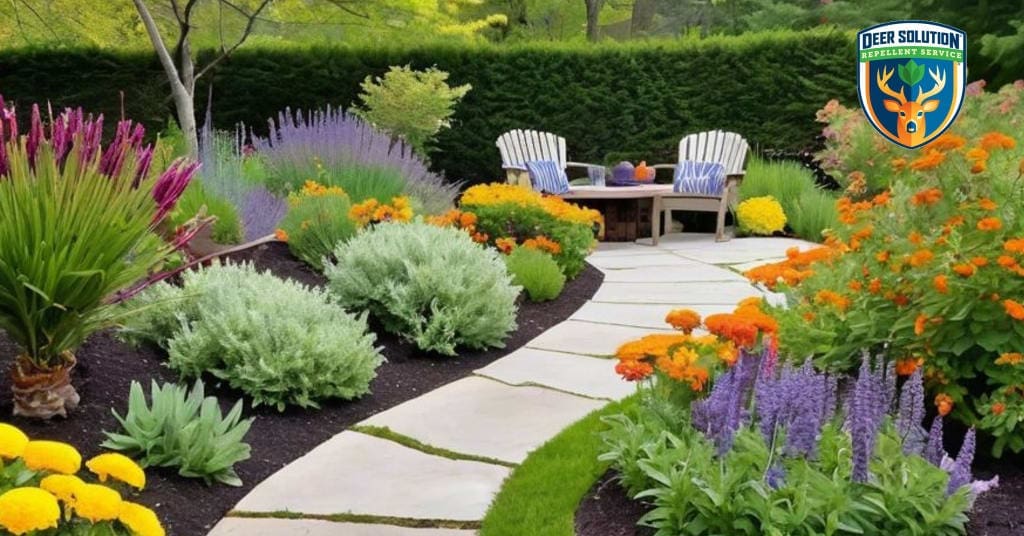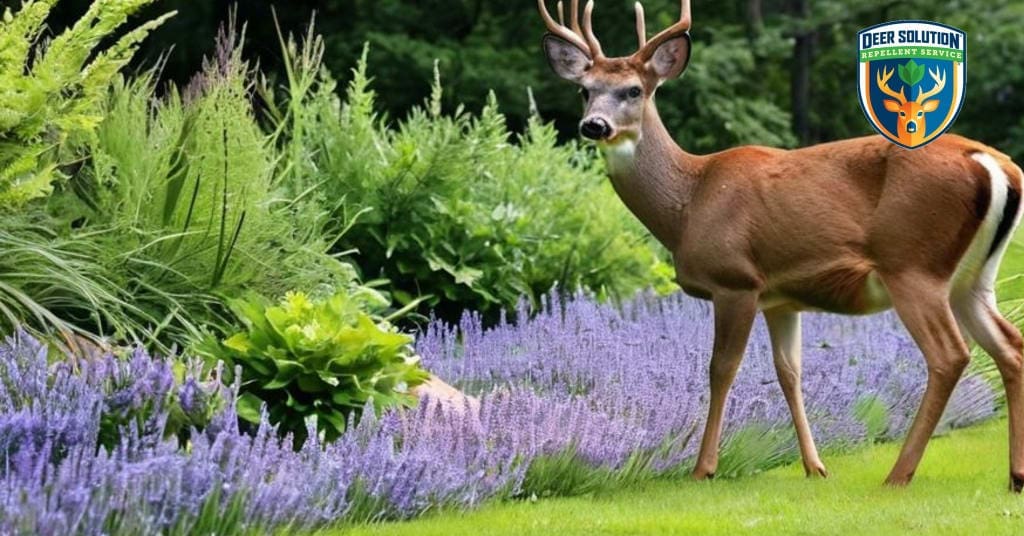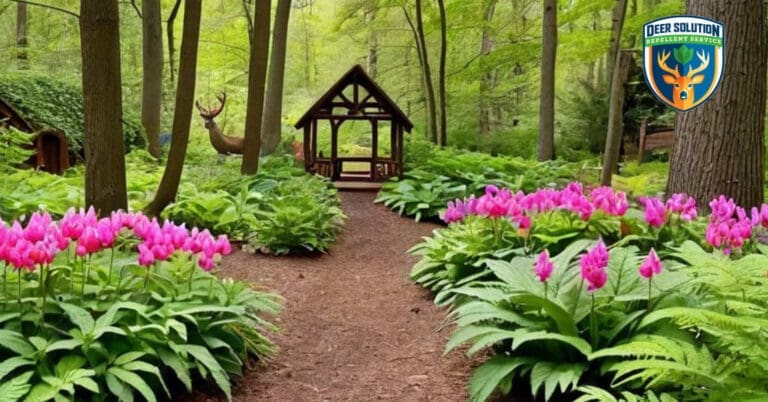Deer, with their graceful presence, can often become unwelcome visitors in gardens, especially when they start nibbling on cherished plants. One common question among gardeners is: do deer eat Bleeding Hearts? Understanding deer dietary preferences and behaviors can help in devising strategies to protect your garden from these gentle grazers.
The Enigmatic Bleeding Hearts
Bleeding Hearts (Dicentra spectabilis) are beloved for their delicate, heart-shaped flowers that add a touch of romance to any garden. These shade-loving perennials thrive in woodland gardens and are cherished for their charming appearance. But do deer share the same affection for Bleeding Hearts?
Deer Dietary Preferences
Deer are known for their diverse diet, which includes a variety of plants based on availability and nutritional needs. Typically, deer prefer tender, nutrient-rich plants like hostas and tulips. However, they tend to avoid plants that are toxic, have strong scents, or possess a bitter taste. Bleeding Hearts fall into the category of plants that deer generally avoid due to their toxicity and bitter taste. Still, desperate times may lead deer to sample even the least palatable plants.
Why Deer Avoid Bleeding Hearts
Bleeding Hearts contain alkaloids, compounds that can be toxic to many animals, including deer. These alkaloids can cause discomfort or illness if ingested, making Bleeding Hearts less appealing. Additionally, the plant’s delicate, fern-like foliage and unique heart-shaped flowers do not provide the same level of nutrition as other more palatable plants. The natural deterrents in Bleeding Hearts help keep deer at bay, though no plant is entirely deer-proof.
Protecting Your Bleeding Hearts
While Bleeding Hearts are typically not a deer’s first choice, a comprehensive approach to garden design can further protect your plants. Here are some tips to create a deer-resistant garden:
- Aromatic Companions: Plant deer-resistant, aromatic plants such as lavender, rosemary, and sage alongside your Bleeding Hearts. These scents can help mask the aroma of more palatable plants, deterring deer.
- Thick Planting: Create dense planting arrangements to make it harder for deer to access individual plants. Grouping plants closely together can create a more challenging environment for deer to navigate.
- Seasonal Strategies: Adjust your gardening practices with the seasons. For example, increase protective measures during winter months when food is scarce, and deer are more likely to venture into your garden.
Maintaining a Deer-Resistant Garden
Regular maintenance is key to keeping your garden less attractive to deer. Here are some practical tips:
- Garden Clean-Up: Regularly remove fallen fruit, leaves, and other debris that might lure deer into your garden.
- Pruning and Trimming: Keep your plants well-trimmed to reduce hiding spots and make your garden less appealing to deer.
- Healthy Soil: Maintain healthy soil with proper fertilization and mulching to support strong, resilient plants that are better able to withstand occasional deer browsing.
Professional Deer Management Services
For a more reliable solution, professional deer repellent services can offer tailored protection for your garden. Deer Solution specializes in providing an all-natural, proprietary repellent service designed to reduce deer damage effectively. Our monthly treatments are customized to your property’s specific needs, ensuring your garden remains vibrant and healthy.
The Advantages of Professional Services
Choosing a professional service like Deer Solution offers several benefits:
- Expertise: Certified deer damage experts assess your property and develop a customized protection plan.
- Eco-Friendly Solutions: Our proprietary repellent is safe for families, pets, and the environment, aligning with sustainable gardening practices.
- Consistency: Regular monthly treatments ensure ongoing protection, helping maintain the effectiveness of the repellent over time.
Finding Balance in Your Garden
Creating a deer-resistant garden can seem challenging, but Deer Solution offers a specialized approach grounded in eco-friendly practices and years of expertise. By combining strategic planting, regular maintenance, and professional repellent services, gardeners can enjoy a flourishing garden free from the worry of deer damage. Ultimately, the goal is to achieve a harmonious balance where the beauty of your garden can be appreciated without the frustration of unwanted plant damage.












